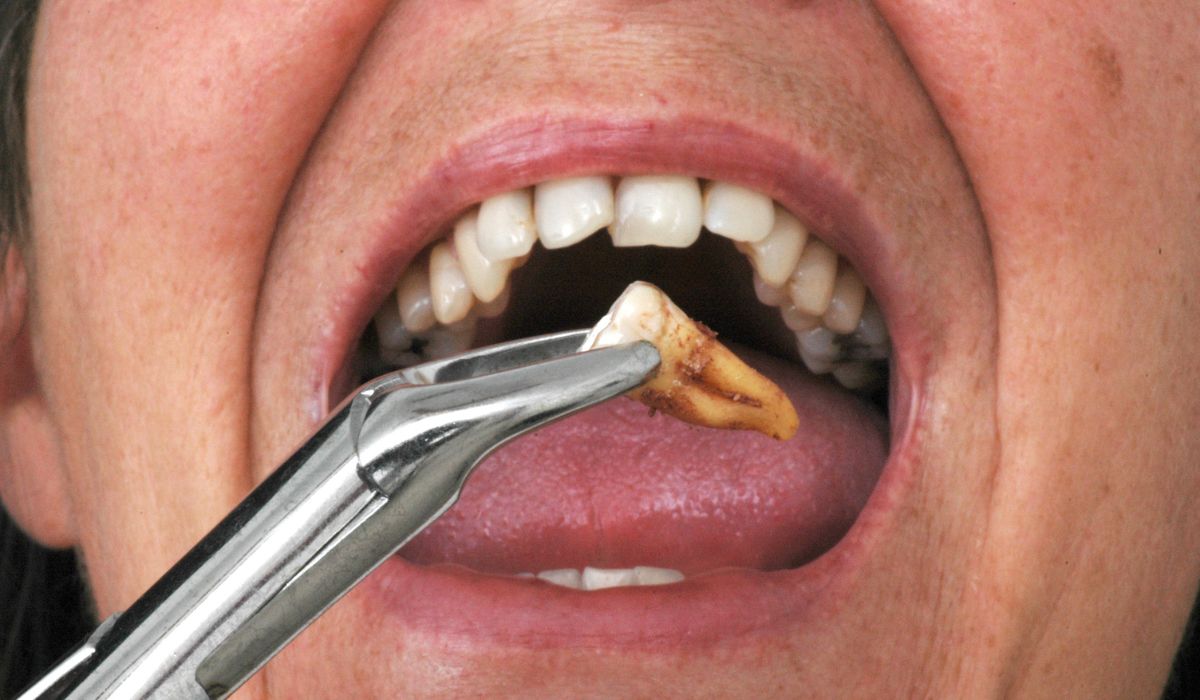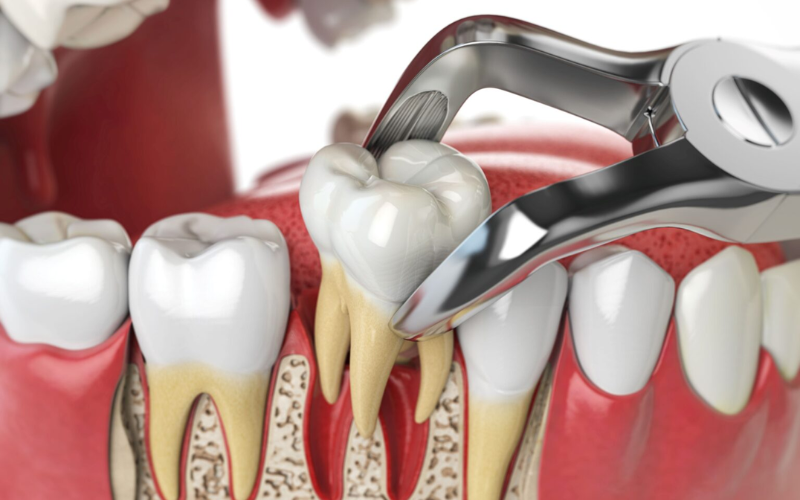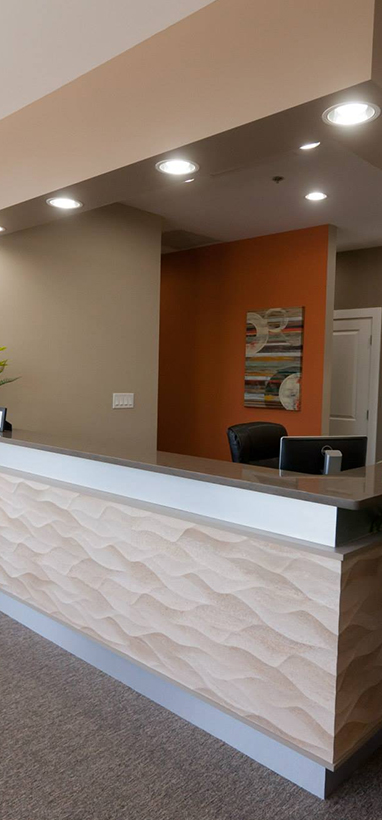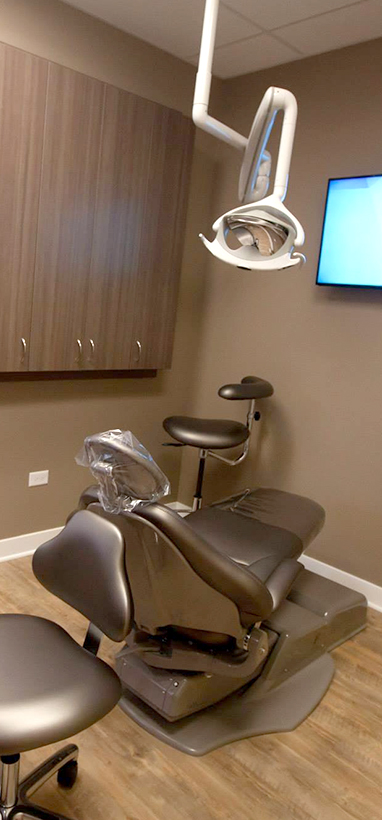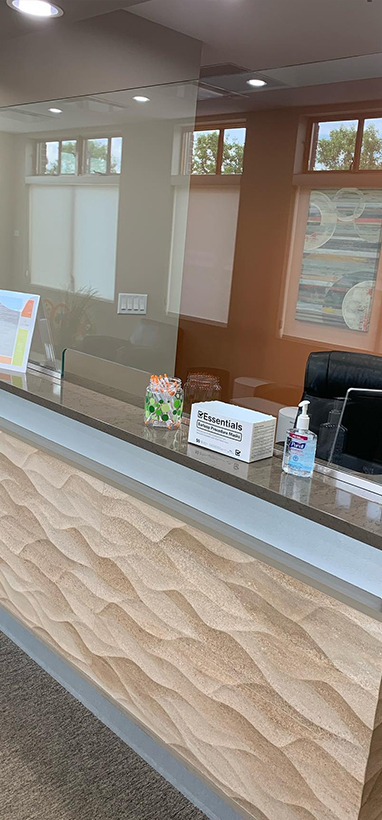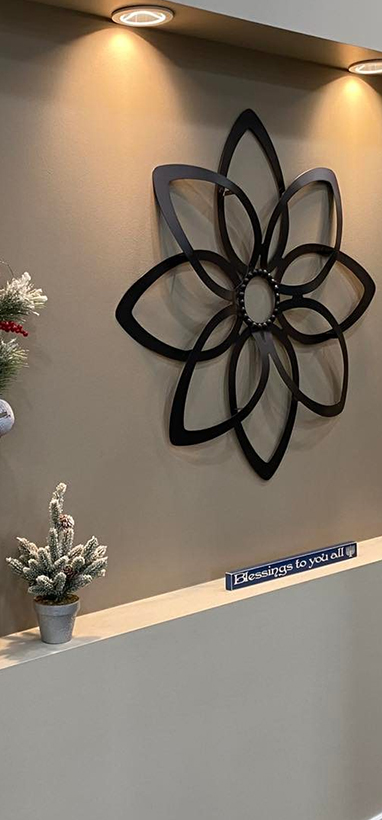1516 Legacy Cir, Naperville, IL 60563
Tooth Extraction Aftercare Tips
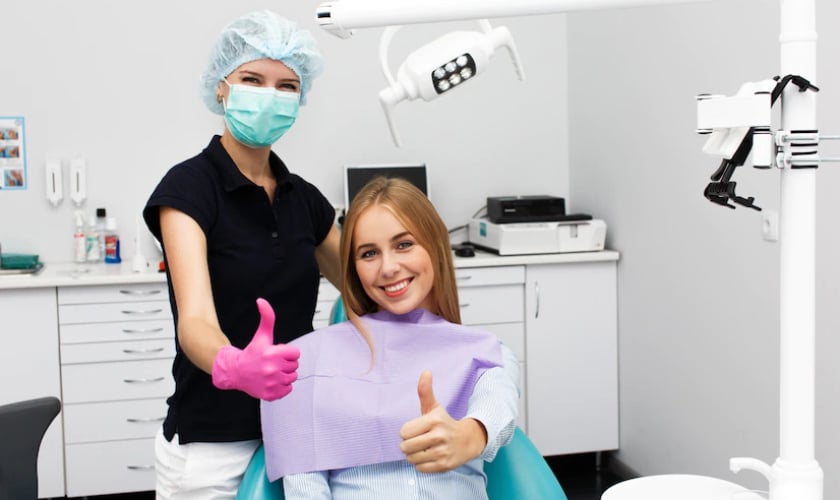
After you have a tooth extracted, it’s important to take care of the area to promote healing. Here are some aftercare tips to follow after your tooth extraction.
To avoid infection, brush your teeth and tongue gently with a soft toothbrush
Toothbrushing is an essential step in helping prevent tooth decay and stave off infection. Using a soft toothbrush is the best way to vigorously scrub away food particles and oral bacteria without being overly abrasive. Additionally, brushing your tongue is a great way to remove any built-up bacteria that can cause bad breath as well as diseases that could lead to tooth extraction. This simple routine can be invaluable in preserving long-term oral health. So be sure to brush your teeth at least twice per day, and give some attention to your tongue, with a soft bristled brush for enhanced protection against unwanted infections.
Rinse your mouth with salt water several times a day
Rinsing your mouth with salt water several times a day has benefits to help promote healthy gums and teeth. Salt helps reduce inflammation and can also help alleviate pain in your mouth, particularly following a tooth extraction. Furthermore, salt water can provide an antiseptic effect that helps to protect against infection. Though it is not a substitution for brushing and flossing, it is an easy way to create better oral healthcare habits. Be sure when you prepare your salt water rinse that the salt has completely dissolved before use.
Eat soft foods for the first few days after surgery
After a tooth extraction, there are precautions that need to be taken. The first of which is eating soft foods for the first few days. This is important because it helps to reduce the risk of infection, as well as allows your gums time to heal properly. Choosing nutritiously-dense softer foods like pureed fruits and vegetables, cooked quinoa, mashed potatoes and yogurt can help ensure you’re getting all the nutrients you need while also preventing agitating your gums. It is important to not just focus on what you’re eating, but how much you’re eating in one sitting. Eating too quickly or too much at once can cause extra discomfort and prolong healing time by putting extra pressure on those recently extracted areas. Following these simple tips may help avoid any problems or side effects later on down the line due to your surgery or procedure.
Avoid smoking and drinking alcohol for at least 24 hours
When it comes to your oral health, it’s important to practice good hygiene habits. An essential piece of advice is to avoid smoking and drinking alcohol for at least 24 hours before any appointment with your dentist. When tobacco is used, the gums and teeth are exposed to significantly higher levels of bacteria and can cause problems such as plaque buildup or gum disease. It’s also important to remember that excessive consumption of alcohol will dehydrate the mouth, making it more prone to cavities and other problems. When in doubt, contact your dentist – sometimes they may suggest taking precautionary measures or check-ups due to potential risks of dental complications associated with smoking and drinking alcohol.
By following these simple post-operative instructions, you can help ensure a speedy and complication-free recovery after your wisdom teeth are removed. Be sure to brush gently, eat soft foods, avoid smoking and drinking alcohol, take pain medication as prescribed, and follow up with your dentist or oral surgeon as scheduled. Doing all of this will help reduce your risk for infection and other complications.



